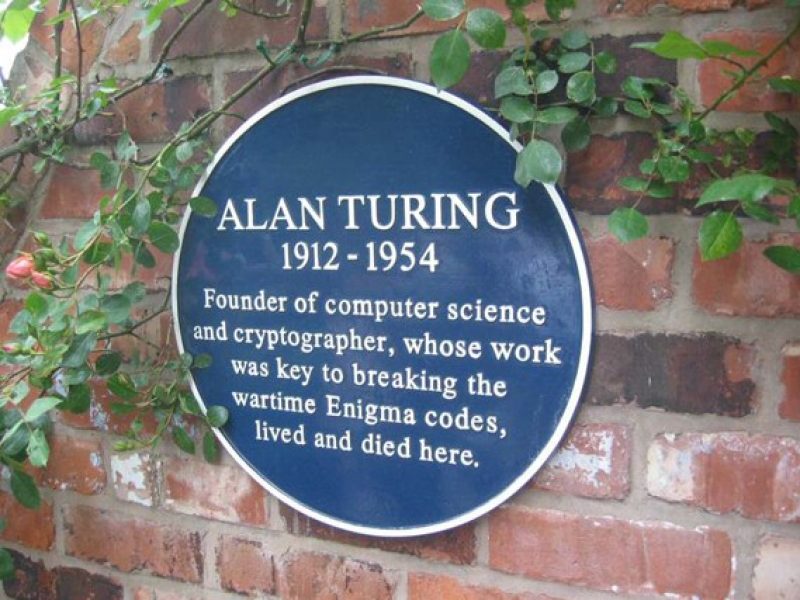On March 31, 1952, Turing was found guilty of “divers counts of Gross Indecency” under Section 11 of the Criminal Law Amendment Act of 1885, which meant that he was convicted of gross indecency for having sex with a man. As a consequence, Turing was faced with having to choose between going to prison of having treatment. Turing elected to have treatment and was sent to a medical practitioner at the Manchester Royal Infirmary. Subsequently, he was chemically castrated with injections of female hormones designed to reduce his libido.
In 2009, following an internet campaign, UK Prime Minister Gorden Brown issued an apology for the way that Turing had been treated. In 2012, a private member’s bill was put forward before the House of Lord’s (UK) requesting a statutory pardon for Turing. In December 2013 Turing received a royal pardon by the command of Queen Elizabeth II.
Approximately 15,000 men convicted of the same offense as Alan Turing are still alive and campaigners such as Peter Tatchell have called for pardons for all of these other men as well. Tatchell said: “Singling out Turing for a royal pardon just because he was a great scientist and very famous is wrong. At least 50,000 other men were convicted under the same law. They have never been offered a pardon and will never get one. Selective redress is a bad way to remedy a historic injustice.” Tatchell continued: “An apology and pardon is due to the other 50,000-plus men who were also convicted of consenting, victimless homosexual relationships during the twentieth century. These men were criminalized for consenting behavior that was not a crime between heterosexual men and women.”
Image | Joseph Birr-Pixton


